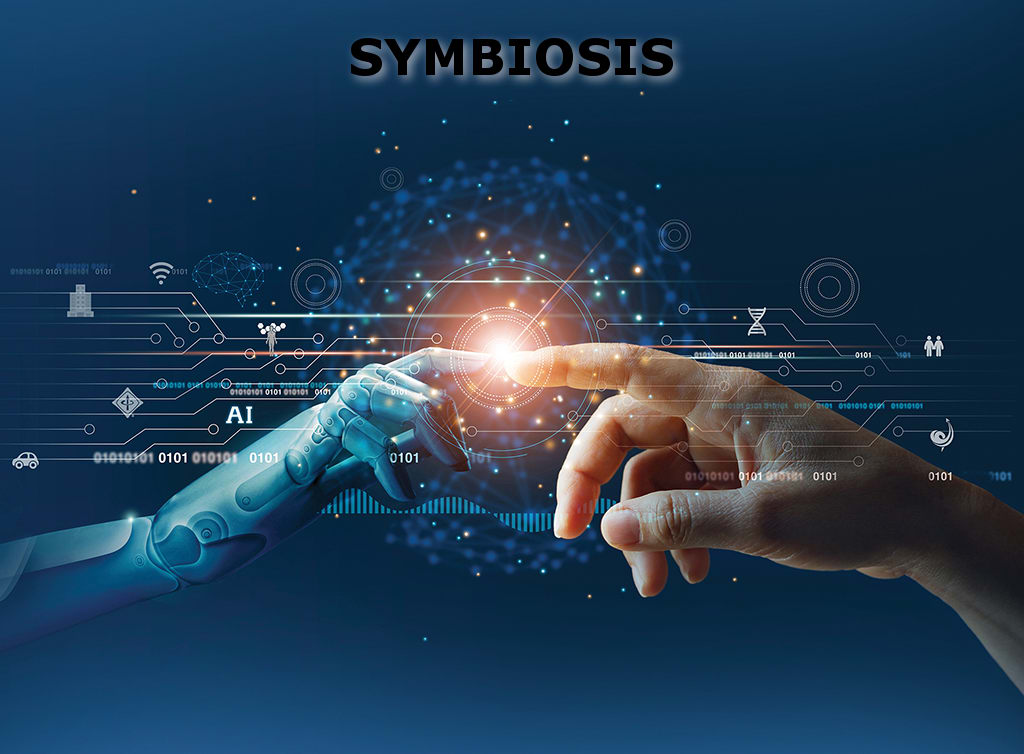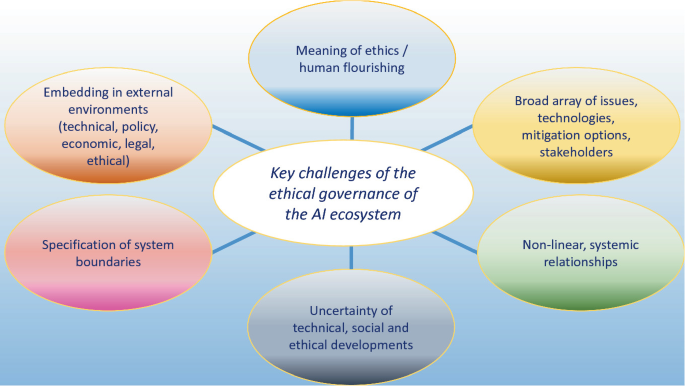AI and Human Flourishing: A Symbiotic Relationship
AI and Human Flourishing: A Symbiotic Relationship
Artificial Intelligence (AI) represents one of the most transformative technologies of our era, promising to revolutionize various sectors and profoundly impact human life. The concept of human flourishing, which refers to realizing one's potential and living a fulfilling life, is inherently linked to well-being and societal progress. As AI continues to evolve, its potential to enhance human flourishing becomes increasingly significant. This essay explores how AI can contribute to human flourishing, the challenges it poses, and the ethical considerations necessary to ensure it benefits humanity.
AI's Contribution to Human Flourishing
1. Healthcare Advancements
AI has already made substantial strides in healthcare, an essential aspect of human flourishing. Machine learning algorithms can diagnose diseases with remarkable accuracy, often surpassing human capabilities. For instance, AI systems can analyze medical images to detect conditions like cancer at early stages, significantly improving patient outcomes. Personalized medicine, powered by AI, allows for treatments tailored to individual genetic profiles, enhancing effectiveness and reducing side effects. Moreover, AI-driven predictive analytics can identify potential health risks in populations, enabling preventive measures that promote overall well-being.
2. Education and Skill Development
Education is a cornerstone of human flourishing, and AI is revolutionizing how we learn and acquire new skills. Intelligent tutoring systems provide personalized learning experiences, adapting to the unique needs and pace of each student. This personalized approach helps bridge educational gaps, making quality education accessible to a broader audience. AI can also analyze educational data to identify struggling students early and offer targeted interventions, ensuring that more individuals reach their full potential.
3. Economic Empowerment
AI has the potential to drive economic growth and create new opportunities for human flourishing. By automating mundane and repetitive tasks, AI frees up human workers to engage in more creative and meaningful activities. This shift can lead to increased job satisfaction and a higher quality of life. Additionally, AI-driven innovations can spawn new industries and job roles, fostering economic dynamism. For instance, AI in agriculture can optimize crop yields and reduce resource usage, contributing to food security and sustainable development.
Challenges to Human Flourishing
Despite its potential benefits, AI also poses significant challenges that could hinder human flourishing if not adequately addressed.
1. Job Displacement and Inequality
The automation of jobs through AI can lead to significant displacement of workers, particularly in sectors reliant on routine tasks. This displacement risks exacerbating economic inequality, as those without the skills to transition to new roles may be left behind. Ensuring that the benefits of AI are equitably distributed requires comprehensive strategies, including reskilling programs and social safety nets.
2. Ethical and Privacy Concerns
AI systems often rely on vast amounts of data, raising concerns about privacy and surveillance. The misuse of personal data can lead to significant harm, including identity theft and discrimination. Additionally, the deployment of AI in decision-making processes, such as in criminal justice or hiring, can perpetuate existing biases if not carefully managed. Ensuring that AI systems are transparent, accountable, and fair is crucial to mitigating these risks.
3. Dependency and Loss of Human Skills
As AI becomes more integrated into daily life, there is a risk of over-reliance on these systems, potentially leading to a decline in human skills and capabilities. For example, excessive dependence on AI for navigation may erode basic orientation skills. Balancing the convenience offered by AI with the maintenance of essential human skills is necessary to preserve individual autonomy and resilience.
Ethical Considerations
To ensure that AI contributes positively to human flourishing, ethical considerations must guide its development and deployment. This involves:
1. Inclusive Design and Development
AI systems should be designed with diverse inputs and perspectives to minimize biases and ensure they cater to a broad spectrum of society. Inclusive development practices can help create AI that is equitable and beneficial to all.
2. Transparent and Accountable Systems
Transparency in AI decision-making processes is crucial for building trust and ensuring accountability. Users should understand how AI systems make decisions and have avenues for redress if those decisions cause harm.
3. Robust Regulatory Frameworks
Governments and international bodies must establish robust regulatory frameworks that address the ethical, legal, and social implications of AI. These regulations should promote innovation while safeguarding human rights and well-being.
Conclusion
AI holds immense potential to enhance human flourishing by advancing healthcare, education, and economic opportunities. However, realizing this potential requires addressing significant challenges, including job displacement, ethical concerns, and the risk of over-reliance. By adhering to ethical principles and ensuring inclusive, transparent, and accountable AI development, we can harness the power of AI to create a future where technology and humanity thrive together. In this way, AI can become a powerful tool for fostering human flourishing, contributing to a more equitable and prosperous world.
Compiled by: Pratiksha Bisht


Comments
Post a Comment